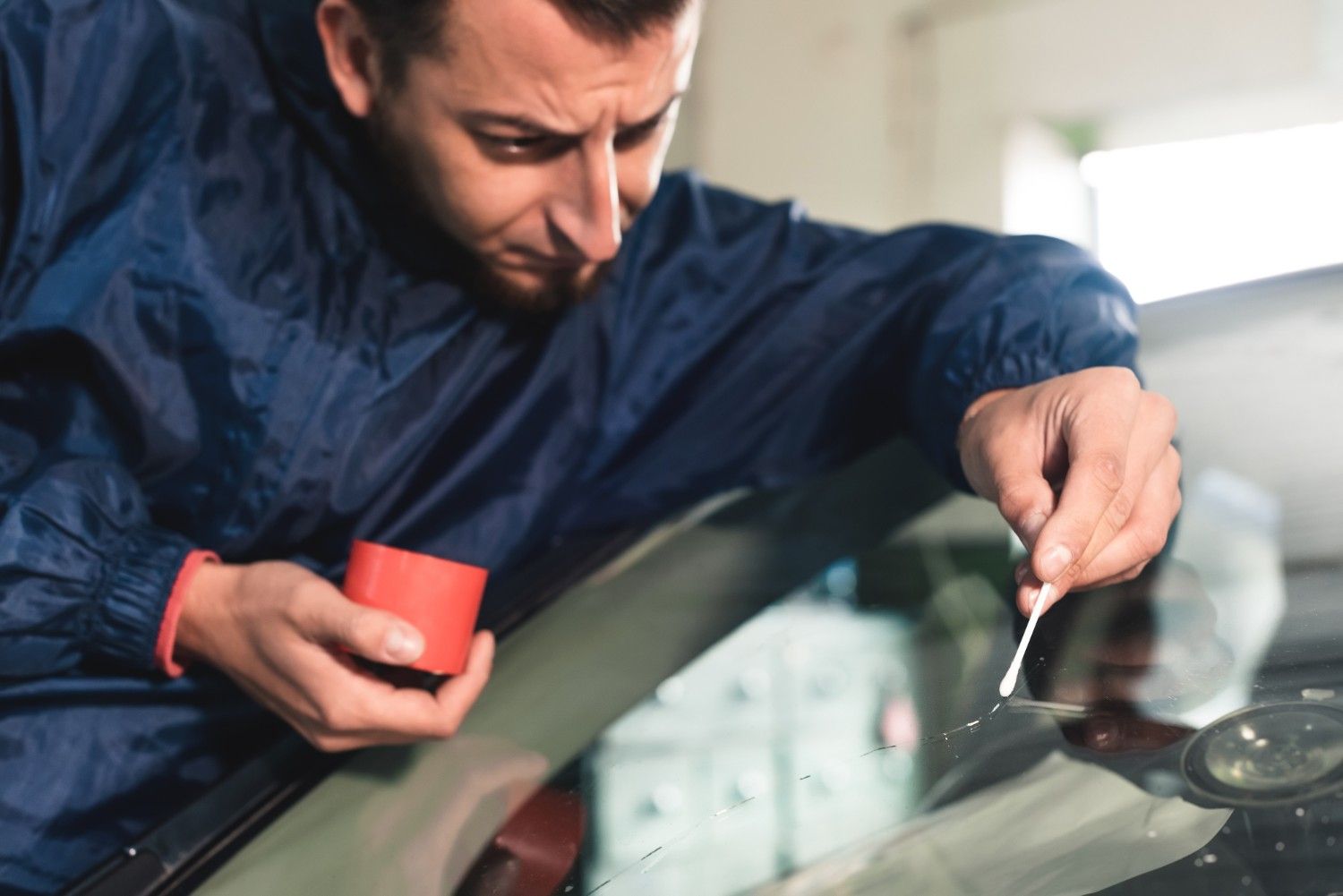Your car’s windshield is more than just a piece of glass; it’s a crucial safety component that plays a significant role in protecting you on the road. But how do you know when it’s time to replace it? In this blog post, we will explore when and why you should consider replacing your car windshield, how often it may be necessary, the role of insurance, signs that your windshield is a hazard, and the importance of timely replacement.
When Should You Replace Your Car Windshield?
- Damage Severity: The severity of the damage is a key factor. If your windshield has large cracks, extensive chips, or deep pits that obstruct your vision, it’s time for a replacement. Even minor damage can compromise your safety over time, as it weakens the structural integrity of the glass.
- Location of Damage: The location of the damage also matters. Chips and cracks near the edge of the windshield can spread quickly due to stress, temperature changes, and vibrations. If the damage is in the driver’s line of sight, it’s a safety hazard and warrants immediate replacement.
- Damage Size: Small chips or cracks can often be repaired, but their size matters. If a crack is longer than about three inches or a chip is larger than a quarter, replacement is usually recommended.
- Age of the Windshield: Windshields endure a lot of wear and tear over time. If your car is several years old and the windshield has never been replaced, it may be more prone to damage. Consider replacing it preventively.
How Often Should You Replace Your Car Windshield?
There is no set timeframe for windshield replacement, as it largely depends on driving conditions, road debris, and maintenance. However, some general guidelines can help:
- Assess Regularly: Inspect your windshield regularly for any damage. Small chips can often be repaired if addressed promptly.
- Watch for Signs: Pay attention to signs of wear and tear, such as pitting, scratches, or hazing. These can affect visibility and may indicate the need for replacement.
- Age and Mileage: As a rule of thumb, if your vehicle is over five years old and has significant mileage, consider having the windshield inspected by a professional.
The Role of Insurance in Windshield Replacement:
Many insurance policies cover windshield replacement, either partially or in full. The extent of coverage varies, so it’s essential to review your policy or contact your insurance provider to understand your specific coverage. Some policies offer coverage with no deductible for windshield replacement, making it cost-effective for drivers.
Signs That Your Windshield Is a Hazard:
- Cracks and Chips: Obvious cracks, chips, or fractures in the glass are a clear sign of damage that compromises safety.
- Distorted Vision: If your windshield distorts your vision or creates glare when driving in sunlight, it’s a hazard that should be addressed.
- Water Leaks: A leaking windshield can lead to interior damage, including mold growth and electrical issues. It’s a sign that the sealant has deteriorated.
- Loose Molding: Loose or damaged molding around the windshield can allow moisture and debris to enter, further damaging the glass.
Why Replacing Your Windshield Is Important:
- Safety: Your windshield provides structural support to the vehicle and plays a critical role in airbag deployment. A compromised windshield may fail to provide the necessary protection in a collision.
- Visibility: A clear and undamaged windshield is essential for optimal visibility. Distorted or obstructed vision can lead to accidents.
- Prevention: Timely replacement prevents minor damage from escalating into more extensive, costly issues.
- Legal Compliance: In some regions, driving with a severely damaged windshield is against the law and can result in fines or penalties.
Your car’s windshield is a vital safety component that should never be overlooked. Knowing when to replace it, monitoring for signs of damage, understanding your insurance coverage, and prioritizing safety are essential steps for every responsible driver. If you suspect it’s time for a replacement, don’t delay—contact a trusted auto glass specialist to assess the condition of your windshield and ensure your safety on the road.

